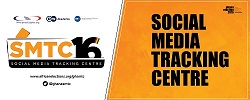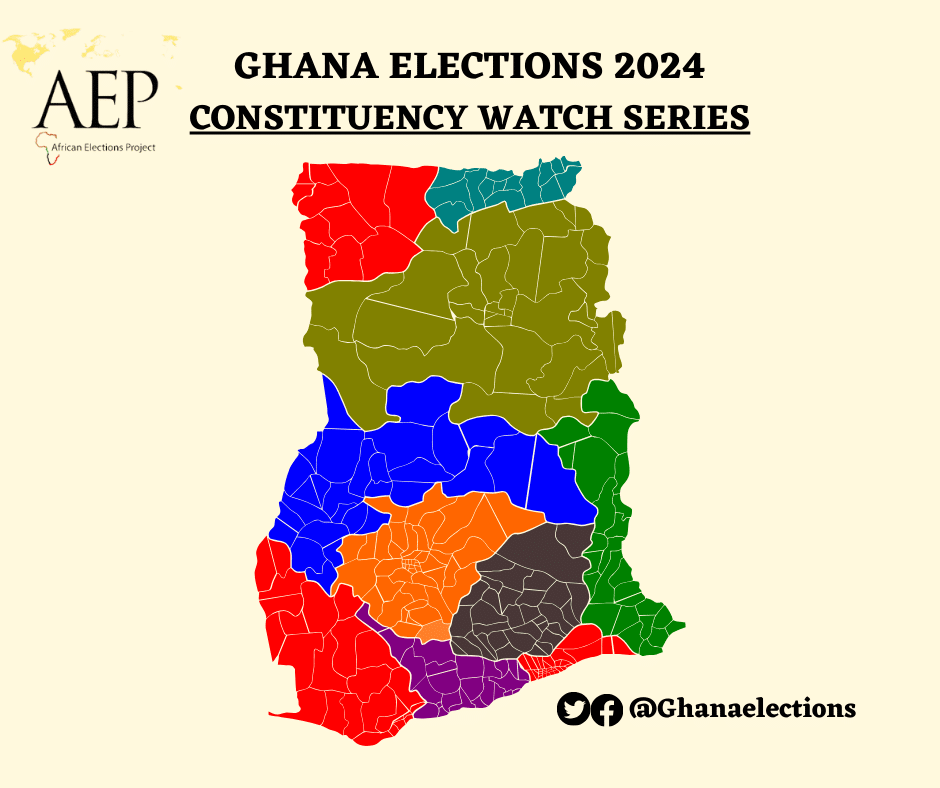Penplusbytes’ Social Media Tracking Centre has successfully contributed to Ghana’s Elections 2016, over 72 hours when the centre was open on Monday December 5 till Thursday December 8, the centre generated over 1000 incidents which were transmitted to the National Elections Security Task Force and the Electoral Commission of Ghana for prompt action. The over 40-member team worked day and night processing over 200,000 reports from Twitter, Facebook and WhatsApp generated by Aggie, the tool at the centre of Social Media Tracking Centre based on relevant key words and sources. The incidents were grouped for easy reference and identification. The incidents were further verified through our imbeds stationed at the Electoral Commission Headquarters, the Ghana Police Headquarters, the National Information Centre of The Coalition of Domestic Election Observers (CODEO) as well as on the field monitoring activities.
During her visit to Social Media Tracking Centre, the head of USA Department of State’s Bureau of African Affairs Assistant Secretary Linda Thomas-Greenfield, congratulated Penplusbytes for its role in leveraging technology for civic participation, transparency and the deepening of Ghana’s democracy. “Technology is a game changer and it’s superb that you are using it the way you are,” she said.
The centre picked up over 37 per cent false news which were highlighted on radio, TV and social media thereby preventing Ghanaians to make decision based on this false news.
From our results, the most reported incidents which were verified as true were issues concerning voting logistics. This has to do with the late arrival of voting materials, improvised screen booths, ink issues, ballot papers or boxes issues and others. These reports were all swiftly resolved by the Electoral Commission as and when they came through. The National Security Task force used alerts from SMTC to quell possible conflicts at some polling stations during the polls.
Social media Tracking Centre for Ghana’s 2016 was made possible through partnership between Penplusbytes , Georgia Institute of Technology , United Nations University Institute of Computing and Society with funding from National Endowment for Democracy and DW Akademie.







